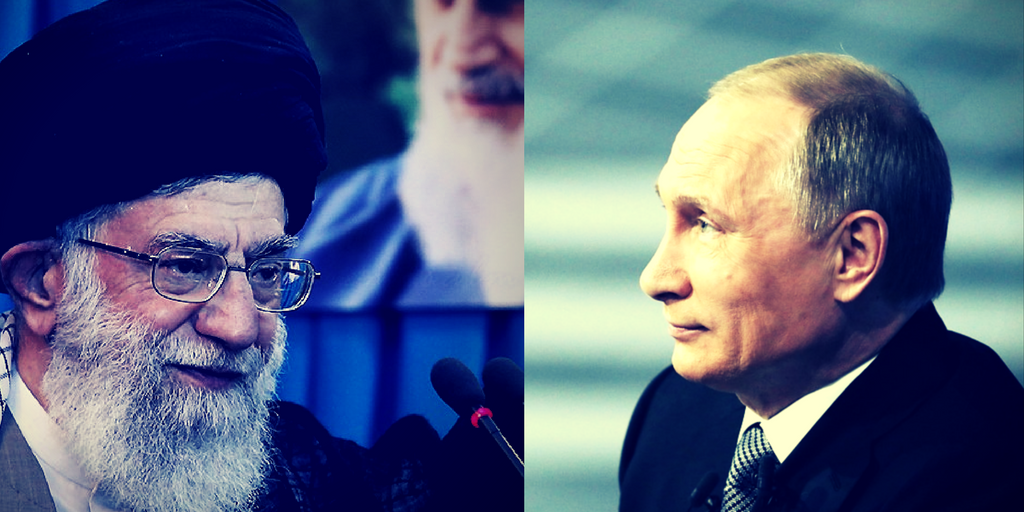What the recent political shakeup in Saudi Arabia means for global terrorism funding.
For 70 years, Saudi Arabia served as the largest and most significant incubator of Sunni jihad. Its Wahhabist Islamic establishment funded radical mosques throughout the world. Saudi princes have supported radical Islamic clerics who have indoctrinated their followers to pursue jihad against the non-Islamic world. Saudi money stands behind most of the radical Islamic groups in the non-Islamic world that have in turn financed terrorist groups like Hamas and al-Qaida and have insulated radical Islam from scrutiny by Western governments and academics. Indeed, Saudi money stands behind the silence of critics of jihadist Islam in universities throughout the Western world.
As Mitchell Bard documented in his 2011 book, The Arab Lobby, any power pro-Israel forces in Washington, DC, have developed pales in comparison to the power of Arab forces, led by the Saudi government. Saudi government spending on lobbyists in Washington far outstrips that of any other nation. According to Justice Department disclosures from earlier this year, since 2015, Saudi Arabia vastly increased its spending on influence peddling. According to a report by The Intercept, “Since 2015, the Kingdom has expanded the number of foreign agents on retainer to 145, up from 25 registered agents during the previous two-year period.”
During the same period, the Muslim Brotherhood’s close ties to the Iranian regime became increasingly obvious. Among other indicators, Egypt’s Muslim Brotherhood-affiliated president Mohamed Morsi hosted Iranian leaders in Cairo and was poised to renew Egypt’s diplomatic ties with Iran before he was overthrown by the military in July 2013. Morsi permitted Iranian warships to traverse the Suez Canal for the first time in decades.
Saudi Arabia joined Egypt and the United Arab Emirates in designating the Muslim Brotherhood a terrorist group in 2014.
It was also during this period that the Saudis began warming their attitude toward Israel. Through Egyptian President Abdel Fattah el-Sisi, and due to Prime Minister Benjamin Netanyahu’s leading role in opposing Iran’s nuclear program and its rising power in the Middle East, the Saudis began changing their positions on Israel.
Netanyahu’s long-time foreign policy adviser, Jerusalem Center for Public Affairs president Dr. Dore Gold, who authored the 2003 bestseller Hatred’s Kingdom: How Saudi Arabia Supports the New Global Terrorism which exposed Saudi Arabia’s role in promoting jihadist Islam, spearheaded a process of developing Israel’s security and diplomatic ties with Riyadh. Those ties, which are based on shared opposition to Iran’s regional empowerment, led to the surprising emergence of a working alliance between Saudi Arabia, Egypt and the UAE with Israel during Israel’s 2014 war with Hamas – the Palestinian branch of the Muslim Brotherhood.
It is in the context of Saudi Arabia’s reassessment of its interests and realignment of strategic posture in recent years that the dramatic events of the past few days in the kingdom must be seen.
Saturday’s sudden announcement that a new anti-corruption panel headed by Crown Prince Mohammed bin Salman, and the near simultaneous announcement of the arrest of more than two dozen royal family members, cabinet ministers and prominent businessmen is predominantly being presented as a power seizure by the crown prince. Amid widespread rumors that King Salman will soon abdicate the throne to his son, it is reasonable for the 32-year-old crown prince to work to neutralize all power centers that could threaten his ascension to the throne.
But there is clearly also something strategically more significant going on. While many of the officials arrested over the weekend threaten Mohammed’s power, they aren’t the only ones that he has purged. In September Mohammed arrested some 30 senior Wahhabist clerics and intellectuals. And Saturday’s arrest of the princes, cabinet ministers and business leaders was followed up by further arrests of senior Wahhabist clerics.
At the same time, Mohammed has been promoting clerics who espouse tolerance for other religions, including Judaism and Christianity. He has removed the Saudi religious police’s power to conduct arrests and he has taken seemingly credible steps to finally lift the kingdom-wide prohibition on women driving.
At the same time, Mohammed has escalated the kingdom’s operations against Iran’s proxies in Yemen.
And of course, on Saturday, he staged the resignation of Lebanese Prime Minister Saad Hariri amid Hariri’s allegations that Hezbollah and Iran were plotting his murder, much as they stood behind the 2005 assassination of his father, prime minister Rafiq Hariri.
There can be little doubt that there was coordination between the Saudi regime and the Trump administration regarding Saturday’s actions. The timing of the administration’s release last week of most of the files US special forces seized during their 2011 raid of al-Qaida leader Osama bin Laden’s compound in Abbottabad, Pakistan was likely not a coincidence.
The files, which the Obama administration refused to release, make clear that Obama’s two chief pretensions – that al-Qaida was a spent force by the time US forces killed bin Laden, and that Iran was interested in moderating its behavior were both untrue. The documents showed that al-Qaida’s operations remained a significant worldwide threat to US interests.
And perhaps more significantly, they showed that Iran was al-Qaida’s chief state sponsor. Much of al-Qaida’s leadership, including bin Laden’s sons, operated from Iran. The notion – touted by Obama and his administration – that Shi’ite Iranians and Sunni terrorists from al-Qaida and other groups were incapable of cooperating was demonstrated to be an utter fiction by the documents.
Their publication now, as Saudi Arabia takes more determined steps to slash its support for radical Islamists, and separate itself from Wahhabist Islam, draws a clear distinction between Saudi Arabia and Iran.
Given Saudi Arabia’s record, and the kingdom’s 70-year alliance with Wahhabist clerics, it is hard to know whether Mohammed’s move signals an irrevocable breach between the House of Saud and the Wahhabists.
But the direction is clear. With Hariri’s removal from Lebanon, the lines between the forces of jihad and terrorism led by Iran, and the forces that oppose them are clearer than ever before. And the necessity of acting against the former and helping the latter has similarly never been more obvious.







